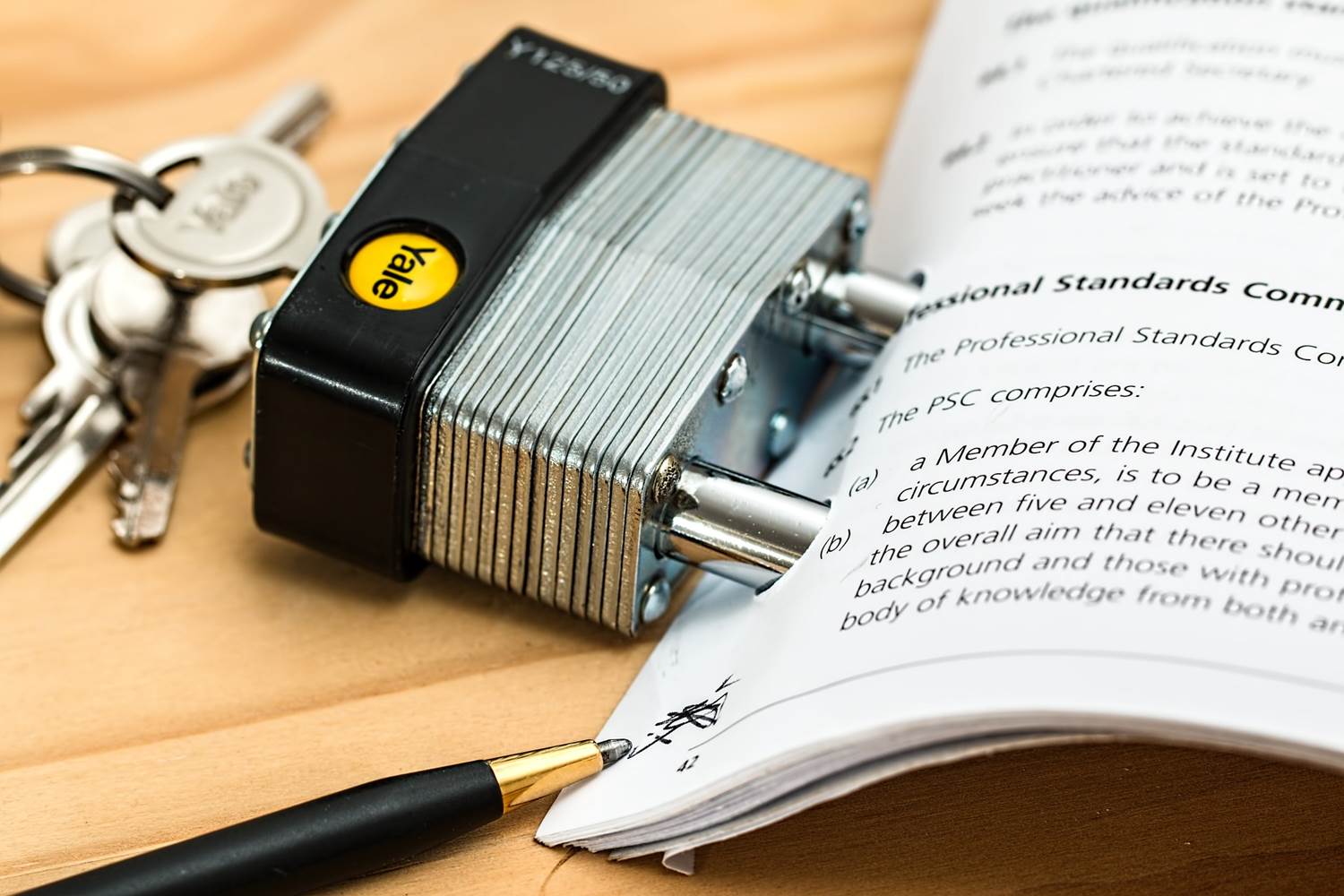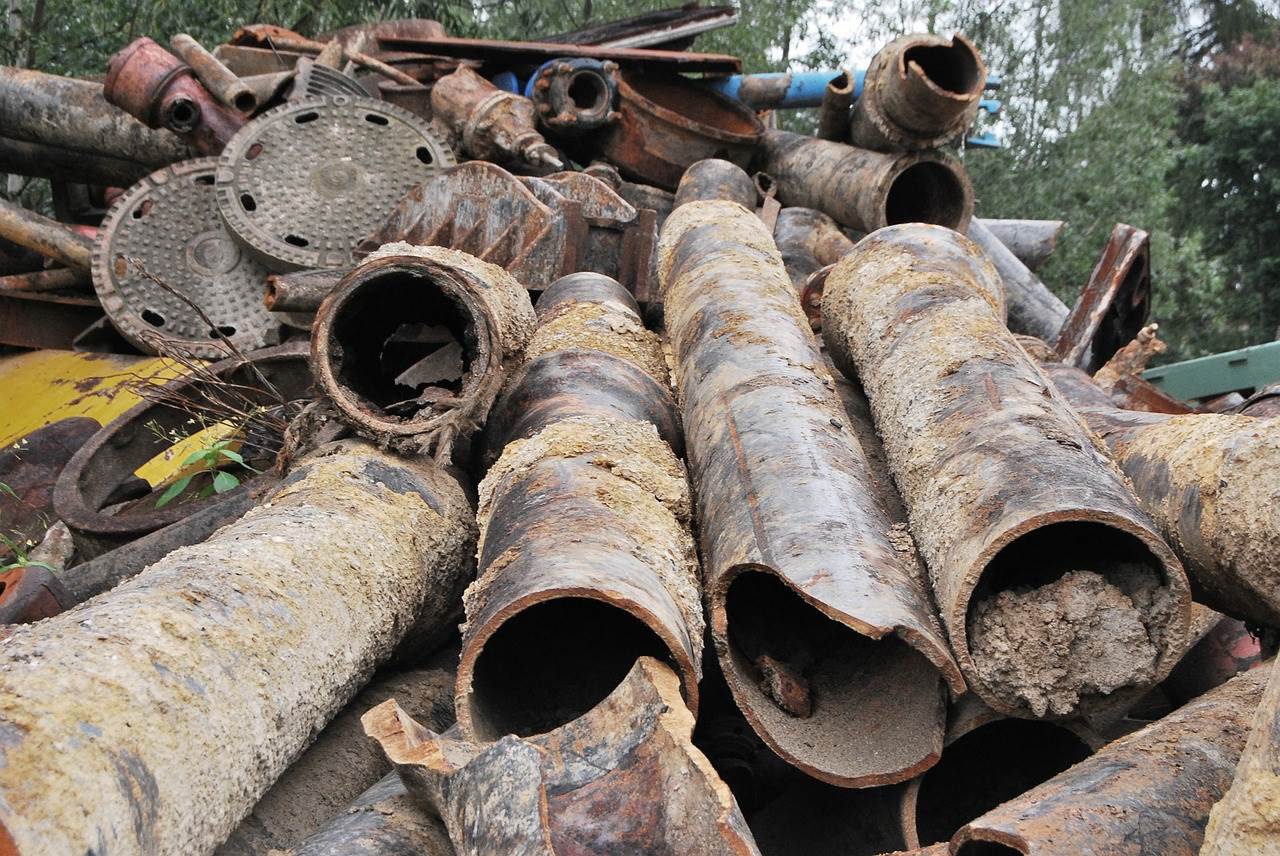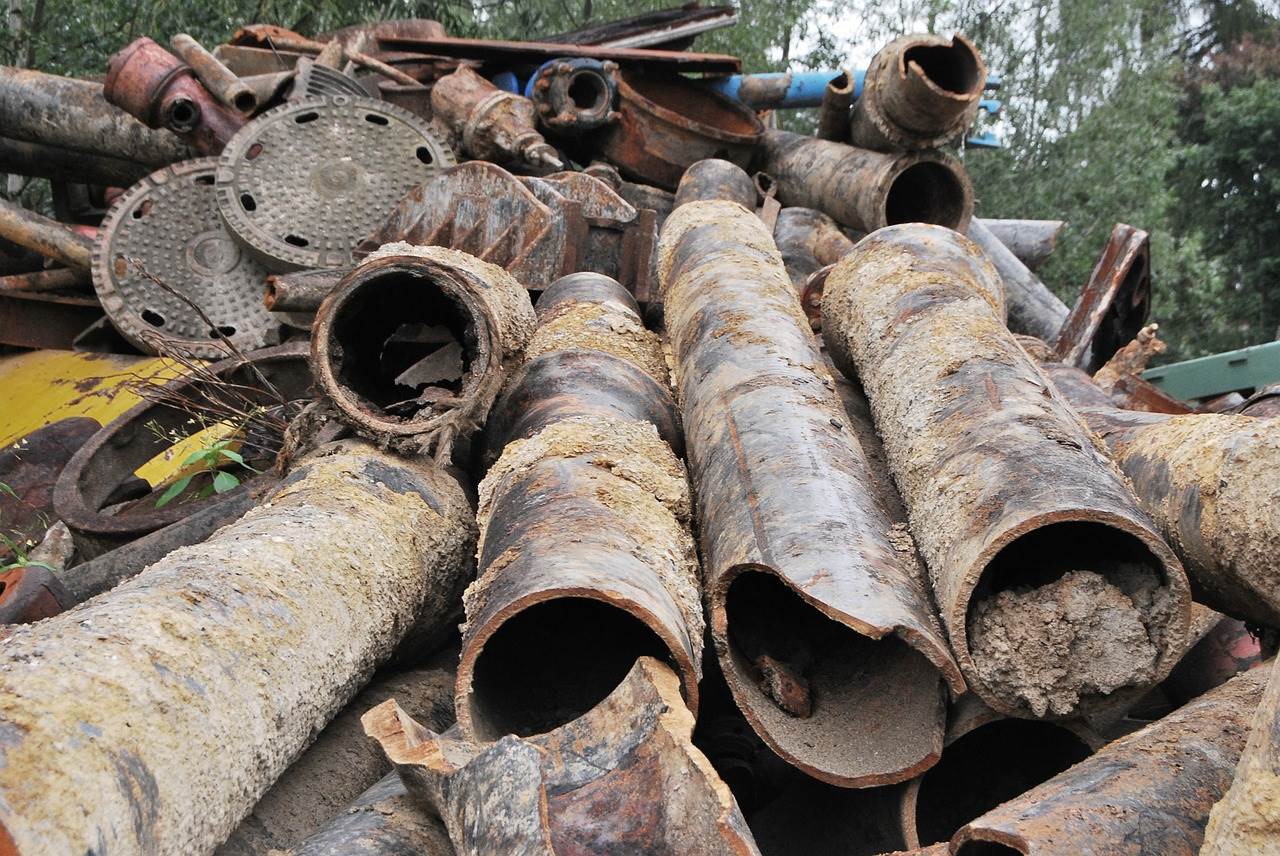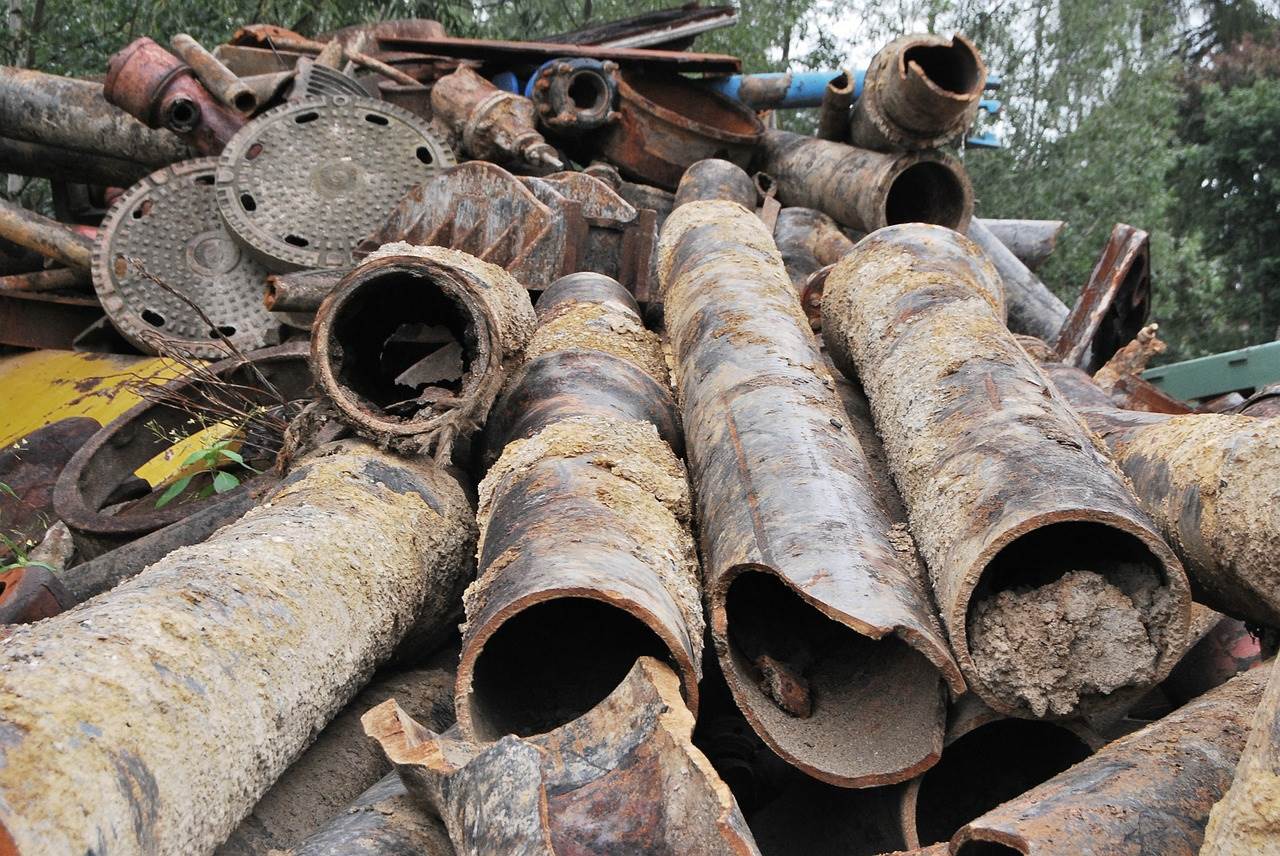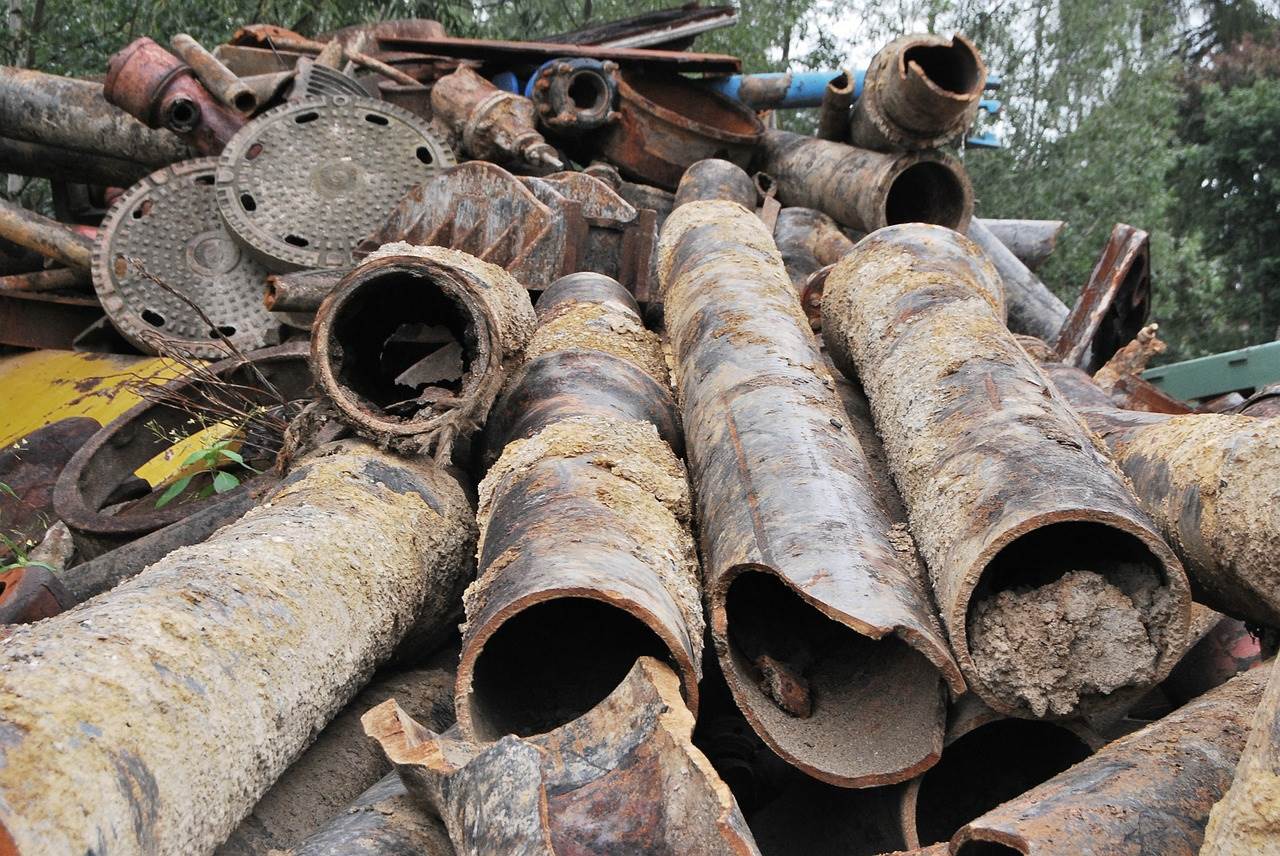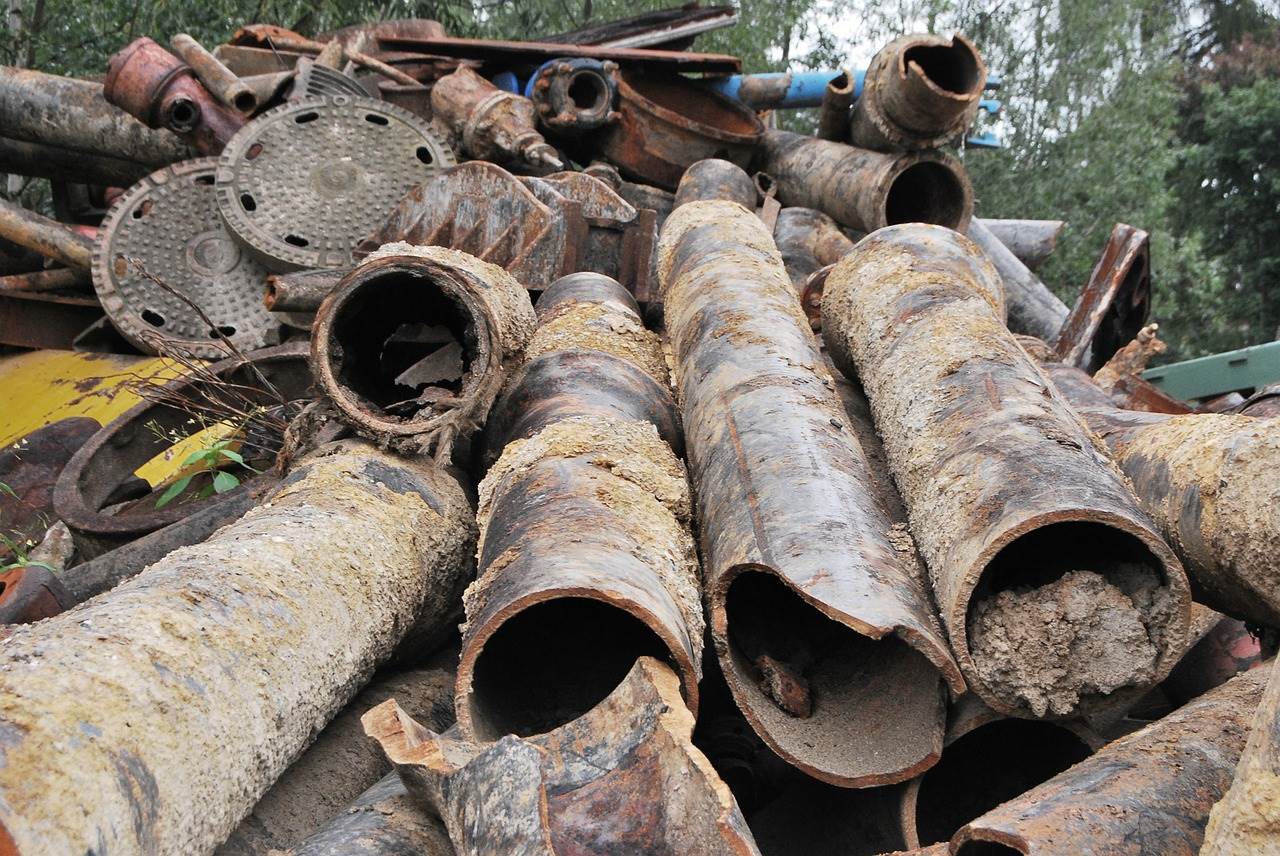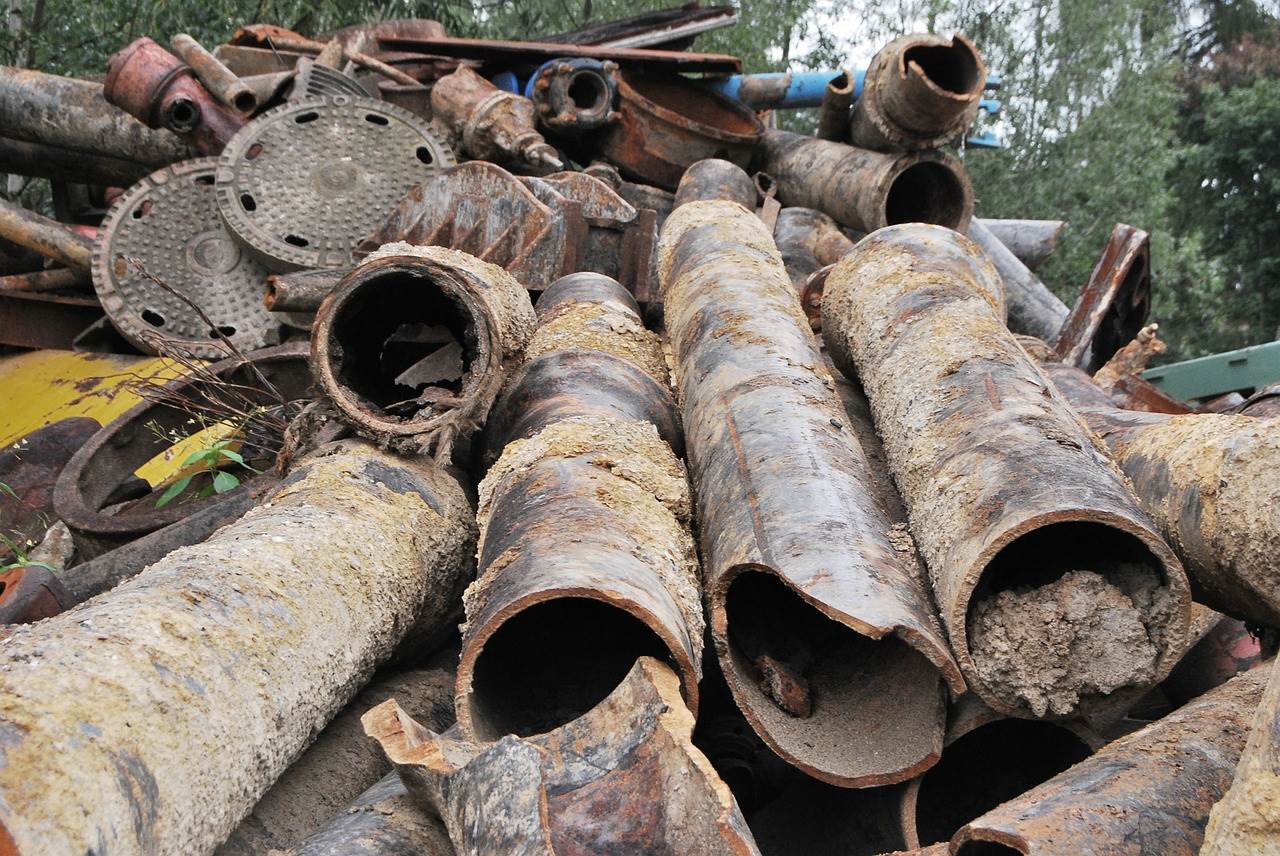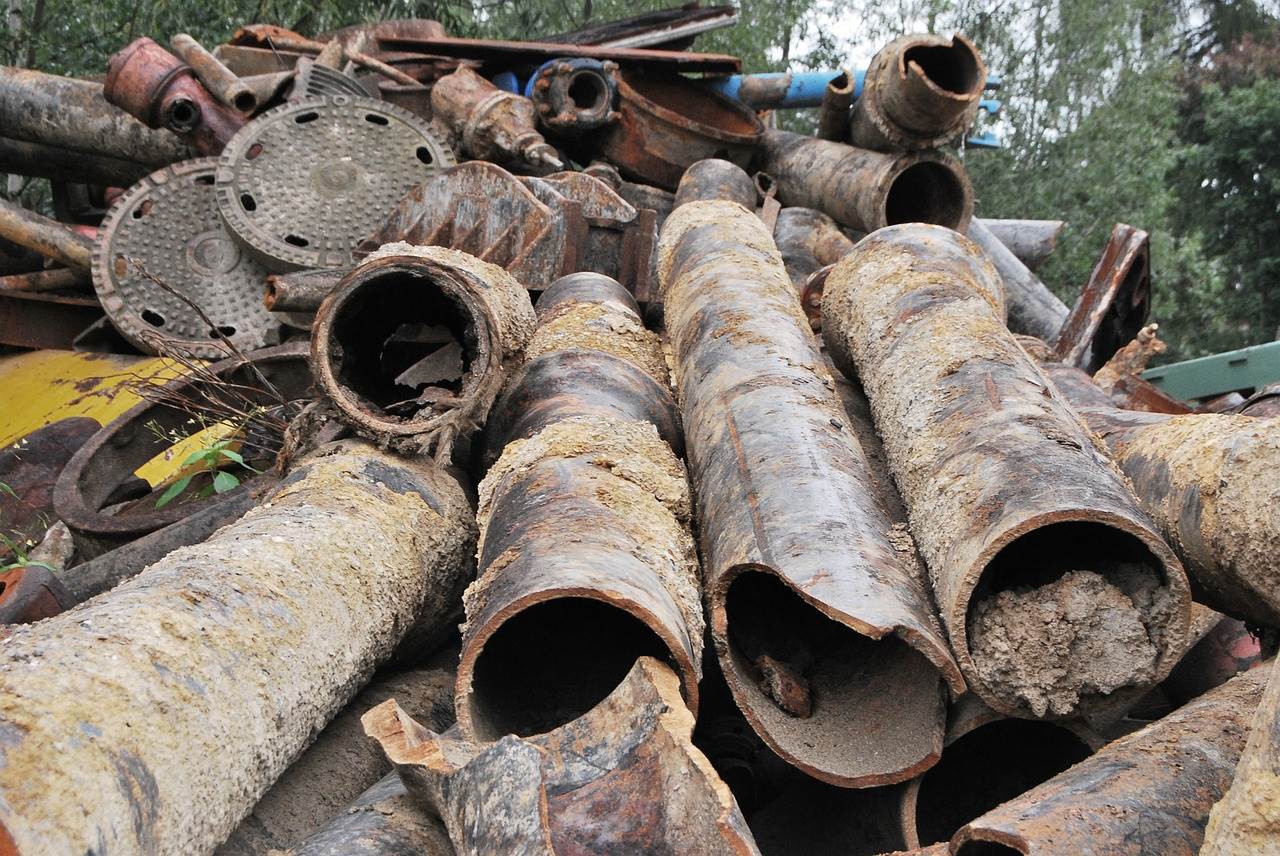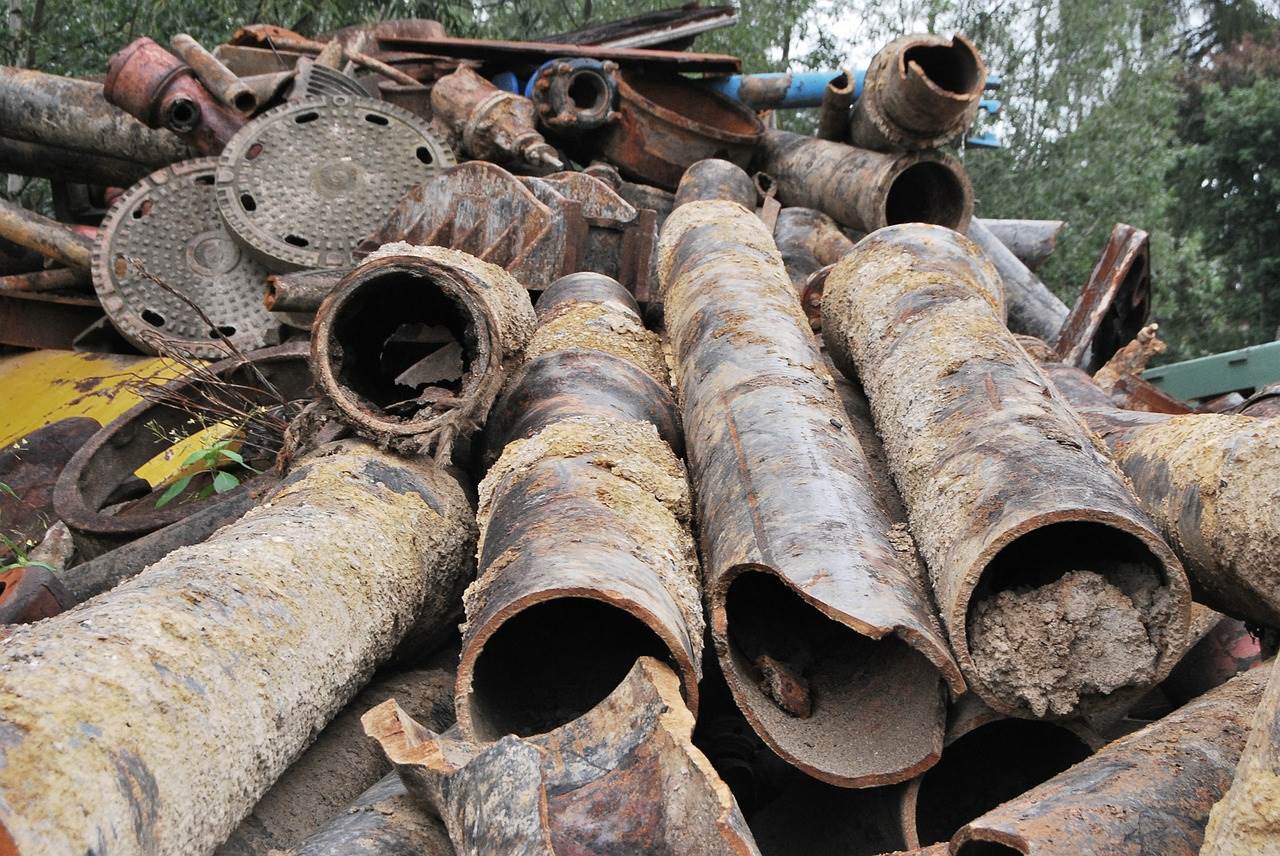
Talking Dirty – An Environmental Blog.
Date: 19/11/2013 | Blogs
Hello all! I’ve had a very varied (and busy) week of work covering a very wide range of matters and so I thought, this week, that I would focus on the wide scope of environmental law and regulation…what does it not touch?
Firstly though, a promised mention to the lovely gents from Graham + Sibbald and Keppie (Alan, Simpson and John you know who you are!) for keeping me so entertained at the SFP Annual Dinner on Thursday. I had committed to including some specific quotes from the night but I must confess that I didn’t write them down and I wouldn’t want to be accused of ‘mis-quoting’!
So to the subject at hand: as well as ‘pure’ environmental law, my practice over the last 9 years has included many different areas which are affected by elements of environmental regulation and there seems to have been an ever-increasing spread in its reach over the last decade.
- Commercial property: with updated building regulations requiring developers, especially of new buildings, to give detailed consideration to the energy efficiency of their projects, the requirement for energy performance certificates (albeit only the minority are taking the initiative to implement the recommendations suggested in the EPC reports) and revised regulations requiring proper assessment and management of asbestos (yes it’s still around!), these days not even property professionals can escape the importance of environmental issues. Improper knowledge of the legal requirements can make transactions relating to commercial properties fraught with unnecessary complication (and cost) so it is worth making sure that you are aware of the issues at the outset.
- Rural Estates: as I have discovered in buying and selling estates in Scotland, there can often be issues of an environmental nature which are imperative to the operation of the property including: rights of adjacent owners sharing watercourses which lie partially within the estate, the registration of private drainage systems, licences for water abstraction or discharge for private water supplies and development restrictions imposed by environmental designations (such as special sites of scientific interest).
- Agricultural: farmers and those involved in agricultural production are used to having to deal with environmental regulation in respect of their day to day operations for: fertilisers and potential water contamination caused by bad weather, slurry and other waste disposal, sheep dipping, construction and dismantling of farm buildings and, in extreme case, the need for spill response to prevent pollution and contamination of fields, watercourses or neighbouring properties. Proper management of all of these issues is necessary to avoid serious issues and the resultant clean-up costs.
- Infrastructure/Renewables Projects: in any large infrastructure project, even those which are ultimately seeking to address the ‘climate change’ issue, environmental impact assessment is likely to be required as part of the planning process. The production of a detailed environmental statement is no easy feat, particularly in relation to the significant number of potential ecological and wildlife issues to be considered – or ‘wildlife bingo’ as one of my clients recently referred to it having come across stumbling blocks involving newts, badgers and birds!
- Waste: requires a blog edition all of its own as almost every action and operation in this industry is heavily regulated under some aspect of environmental law.
So that’s all for now folks, there may be a one week hiatus as I am on holiday in the lovely city of Berlin but I’m sure the anticipation will build as a result!
As always, comments, compliments or criticisms are welcome on twitter or linked-in or in person, as is proving quite popular!

















